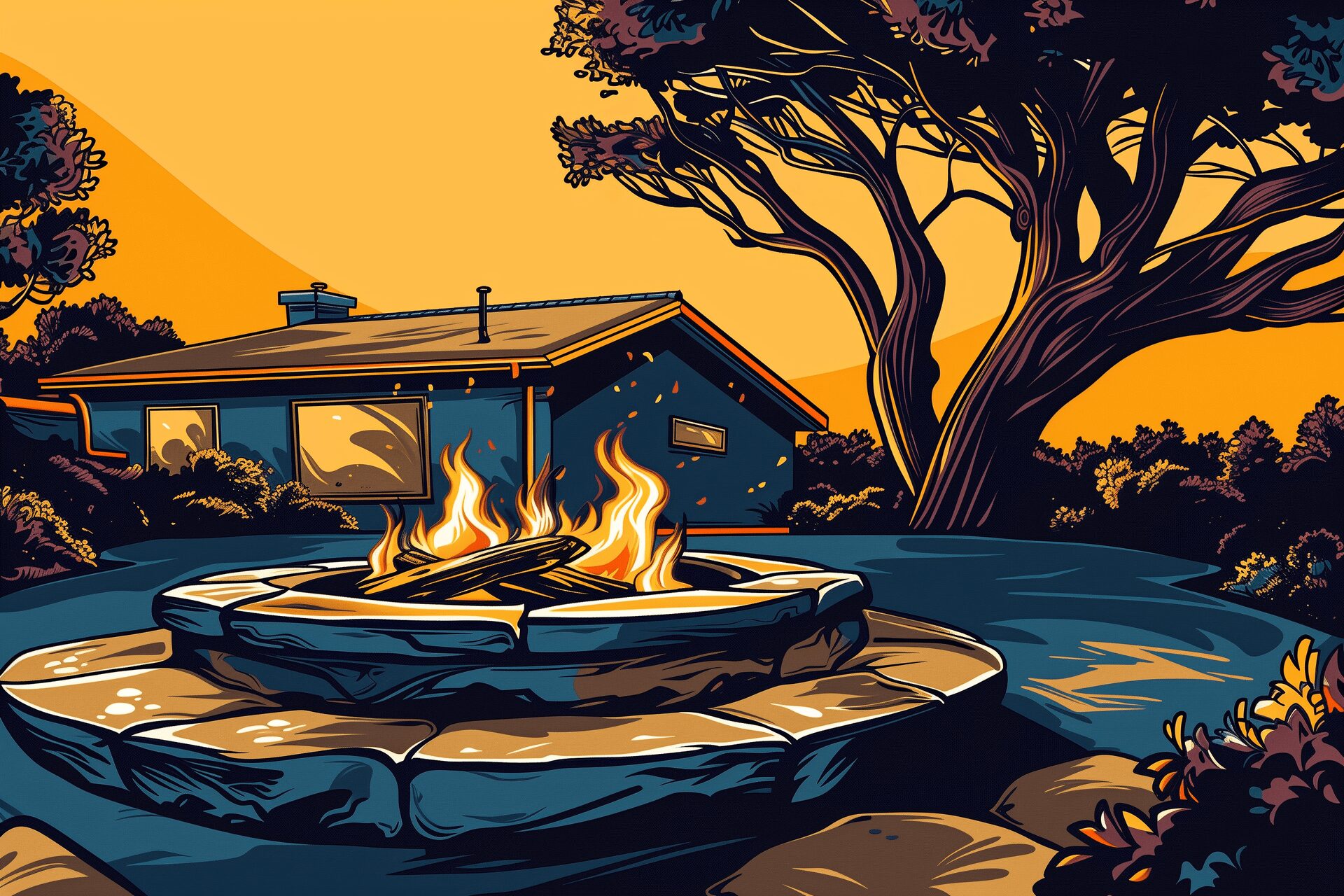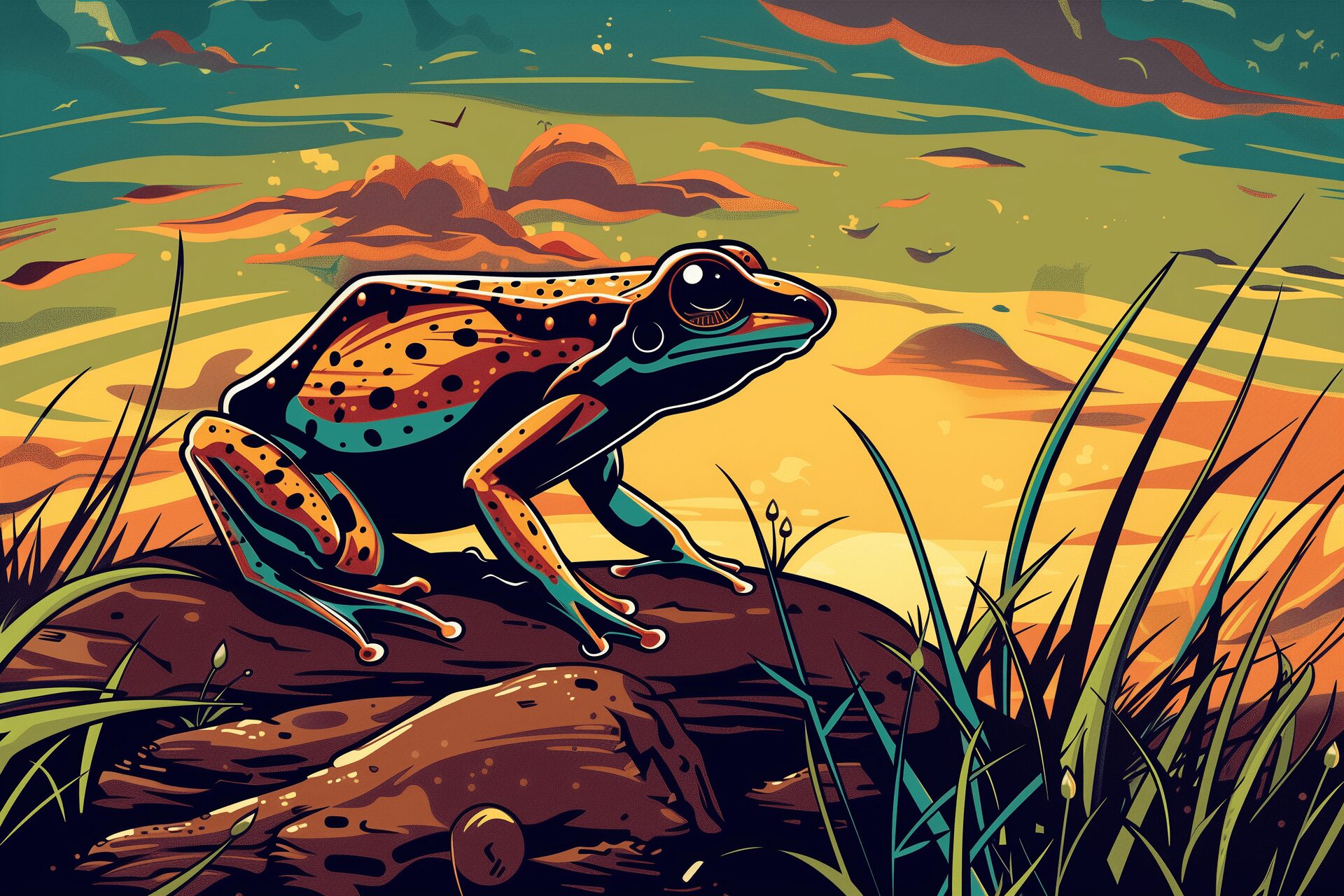
As an Amazon Associate, Modded gets commissions for purchases made through links in this post.
Growing your own food is an excellent investment, as long as you know how to plant a vegetable garden from scratch. Raising crops may not be as easy as it sounds, but with the correct information, you’ll be able to build a beginner’s garden that will keep your household happy throughout the year. Gardens are a great way to ensure you have fresh produce in your house year-round, keeping both you and your loved ones happy. Here are a few things to consider before building your first garden.
Why Should You Want to Plant a Garden?
With grocery prices rising, many people think they’d be better off farming their own vegetables. As long as you know what you’re doing and how to plant a vegetable garden in your area, you should be able to save money by raising your vegetables in your very own backyard. Gardening can have several benefits, and only some of them are financial.
When working in your garden, you’ll be around nature. Digging in the soil and enjoying the soft breeze can undoubtedly lower your stress and bring you back to the present. One of the greatest benefits of gardening comes if you ever want to sell your house. Your property value can increase just by having a functional garden within it. When you build a garden, you plan for the future, even if you don’t know what will be in store for you years later.
5 Steps to Creating Your First Garden
Creating a garden isn’t as easy as it sounds. You can’t just plant whatever you want, wherever you want — it takes strategy to know how to plant a vegetable garden properly. You might spend months preparing for the proper garden all of your vegetables can thrive in. Still, all the planning is worth it when the results are plenty of delicious produce.
1. Decide the Logistics
First, you’ll need to know where to place your garden. Map it out on paper before you actually start building it so you’ll have a concrete plan. You’ll also need to figure out whether you’ll be tilling the land and planting your vegetables in the ground or above ground in boxes. With raised garden beds, you can control the quality of your soil by adding organic matter and starting from the ground up rather than working with the soil you already have.
Going with the natural soil in your area can be a great option if you’ve already dealt with the rocks or any abundance of clay or silt. Sometimes, it’s easier to build raised beds and start from the beginning rather than tilling the land. You must also ensure that your natural ground drains well, as an area that is too wet will lead to rotting roots, which can ruin your crops. Once you know what you’re working with naturally, you can have an easier time deciding whether to work in-ground or above ground.
2. Know Your Plant Hardiness Zone
Your plant hardiness zone defines which crops you’ll be able to grow best in your backyard. Several things factor into the rating, such as climate and type of soil. You want to adhere to the zone your area has to best prepare for the upcoming plants you will raise in your garden.
Finding out your plant hardiness zone is as easy as looking up your ZIP code. The United States has a vast range of which plants can be planted in which area, so if you want your vegetables to grow, you should know what your soil and climate are capable of. That way, you’ll be able to formulate a proper plan with the right crops, according to the season.
3. Pick Your Produce Well
Ideally, you should choose something that’s easy to grow and that your household loves to eat. Sometimes, those factors don’t overlap, but you should always prioritize something that will get eaten over something easy to grow but won’t find a place on your table. After all, you want to learn how to plant a vegetable garden to grow your own food.
You should also take care to notice which growing seasons work best for which produce. Some vegetables should be grown in colder seasons, while others can only grow well during warmer seasons. Peas are great vegetables to grow in the winter, and you can freeze them year-round so you can eat them at any point. Others, like tomatoes and cucumbers, thrive best in the warm weather and should be enjoyed on hot days.
4. Fight Pests
Pests will often try to thwart your crops. If you plant your garden in raised beds, you have eliminated herbivorous pests like rabbits and maybe deer from being able to reach your garden. Still, bugs can be a problem that you need to deal with. Unfortunately, pesticides can harm plants and animals, but they can also disrupt the soil and bring more damage than benefits to your vegetables.
Marigolds are a great option for a natural pest repellant. These flowers can send away any pests that would want to mess with your crops, but they can also attract pollinators to your garden. Plus, sometimes it’s just nice to have a pop of color in your fields. Do what works best for your particular garden and what will allow you to grow the best vegetables you can.
5. Use Garden Planning Tools
One of the best things you can do for yourself is to use tools to help you organize your planting and harvesting. Keeping a record of your garden from years past can also help you understand how planting may look for you in the upcoming season. It can help you remember where certain crops grew the best, so you don’t have to sacrifice any the next time you plant them. As long as you keep track of what works and what doesn’t, you’ll learn from your experience and grow a better garden than the year before.
Learn How to Plant a Vegetable Garden Easily
Hard work takes a lot of commitment. Your garden will require you to take care of it regularly, or else the crops will fail. Make sure that you can stick to a routine so that you know how to plant a vegetable garden that will succeed. Learning how to plant a vegetable garden can be a tough battle, but you can put your knowledge and skills into practice once you build a thriving space for your vegetables.
Stay up to date with the latest by subscribing to Modded Minute.
Author
Jack Shaw is a senior writer at Modded. Jack is an avid enthusiast for keeping up with personal health and enjoying nature. He has over five years of experience writing in the men's lifestyle niche, and has written extensively on topics of fitness, exploring the outdoors and men's interests. His writings have been featured in SportsEd TV, Love Inc., and Offroad Xtreme among many more publications.





